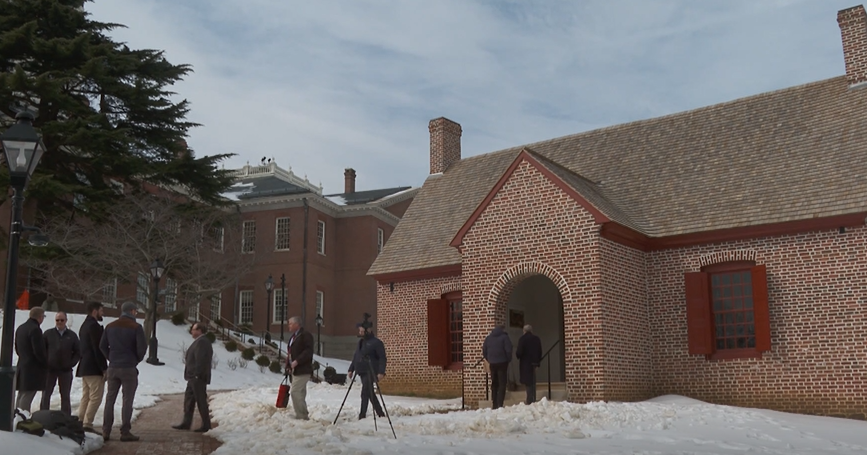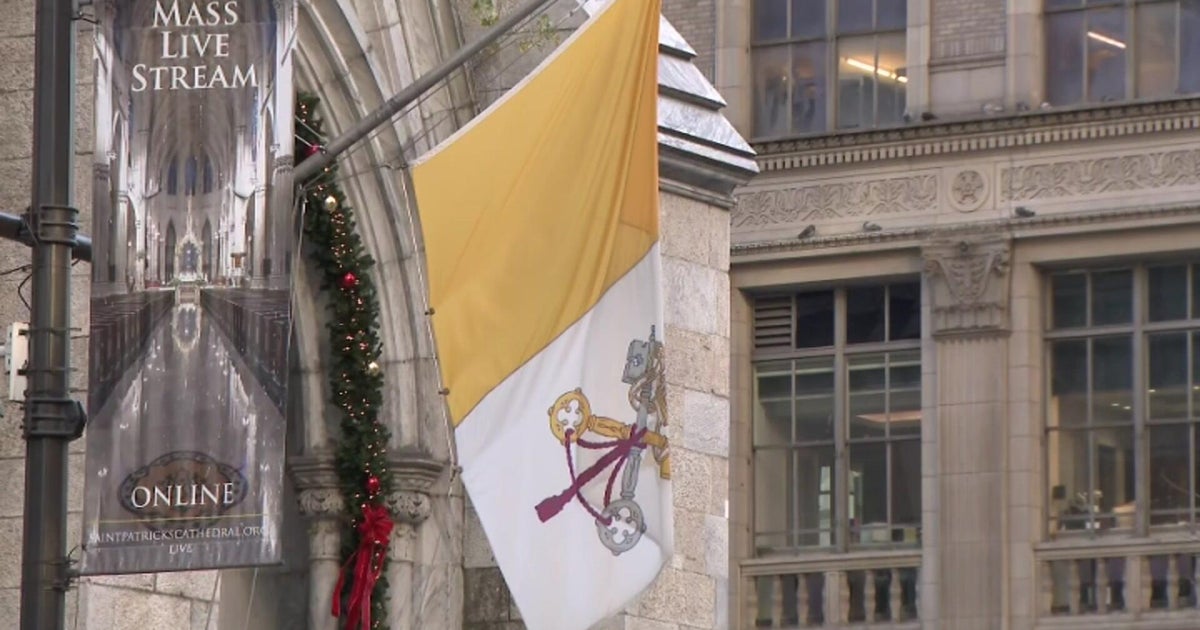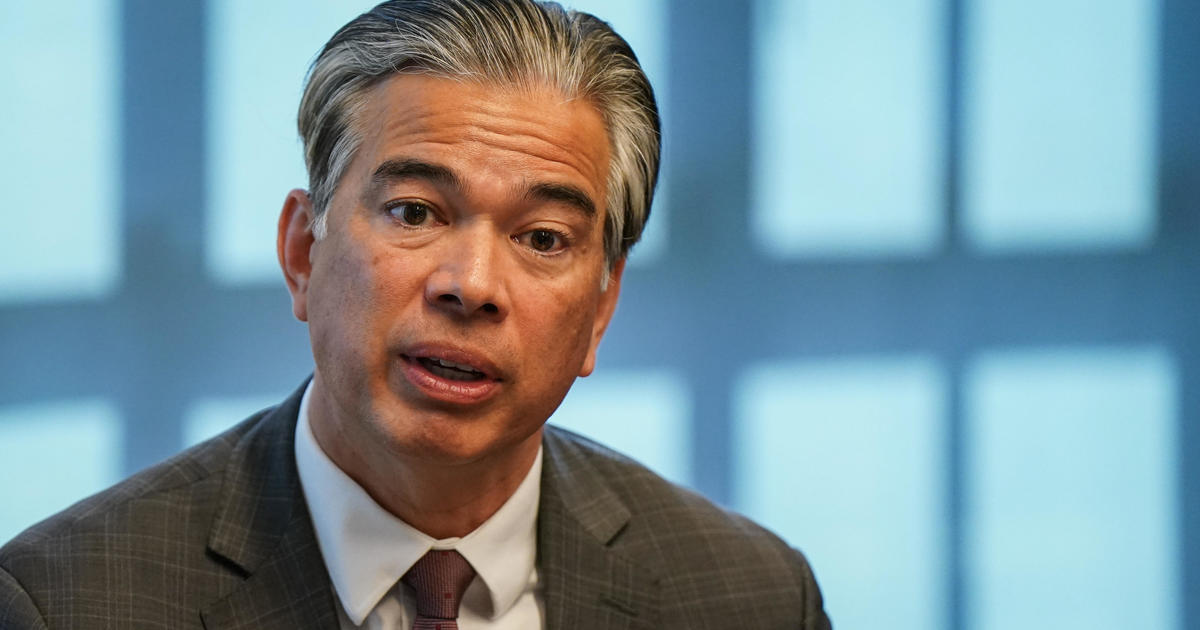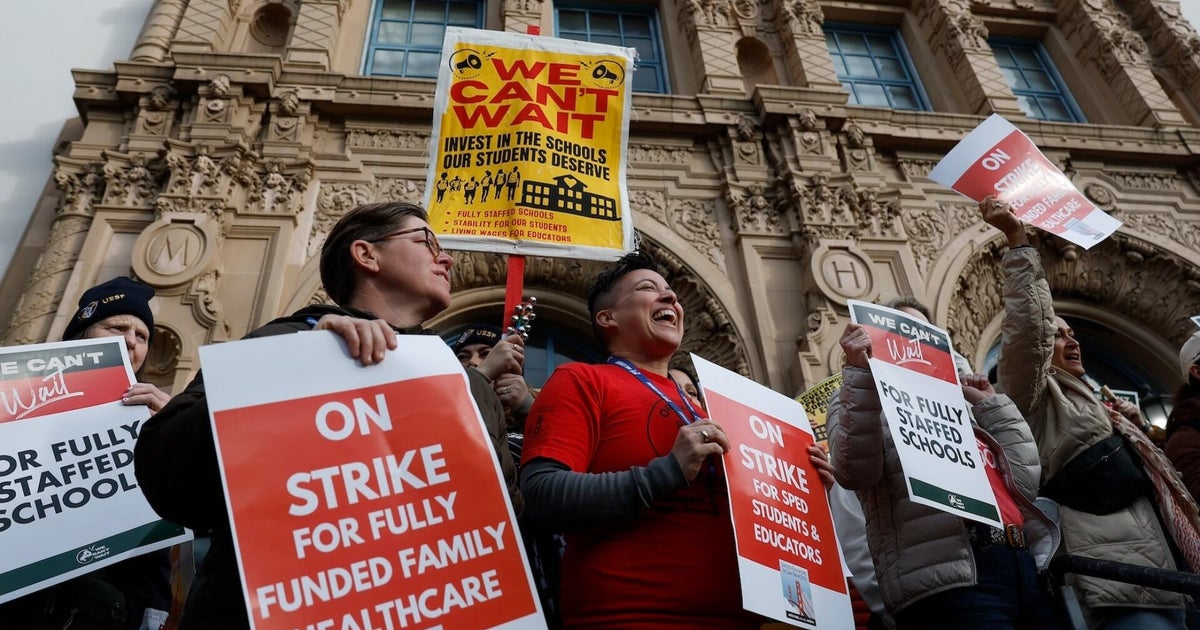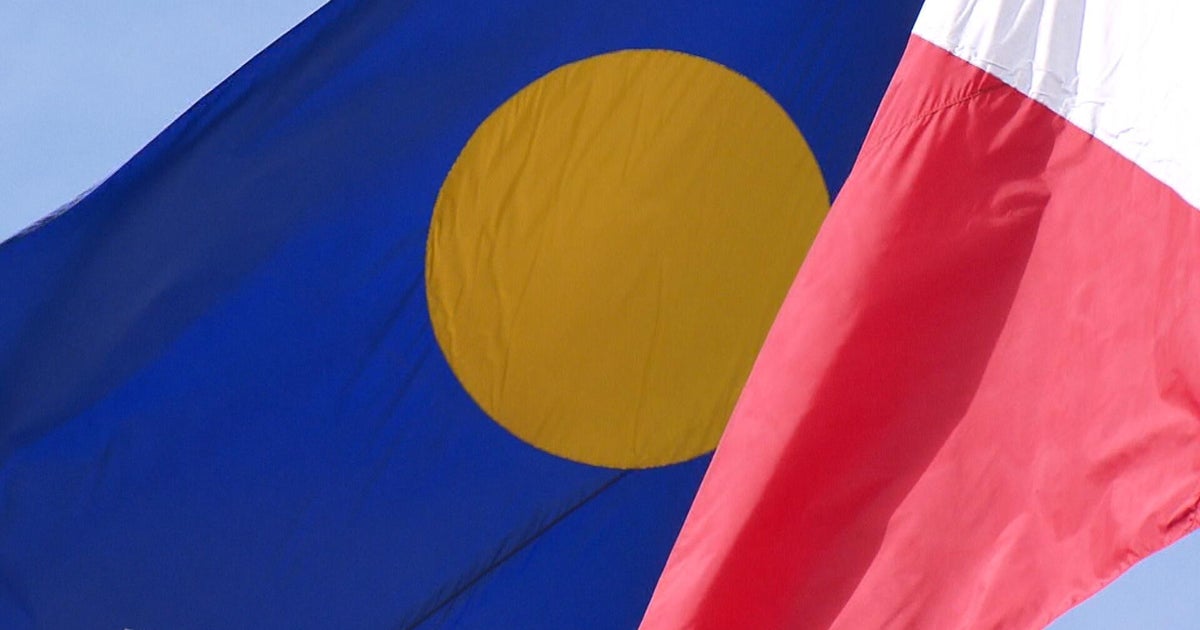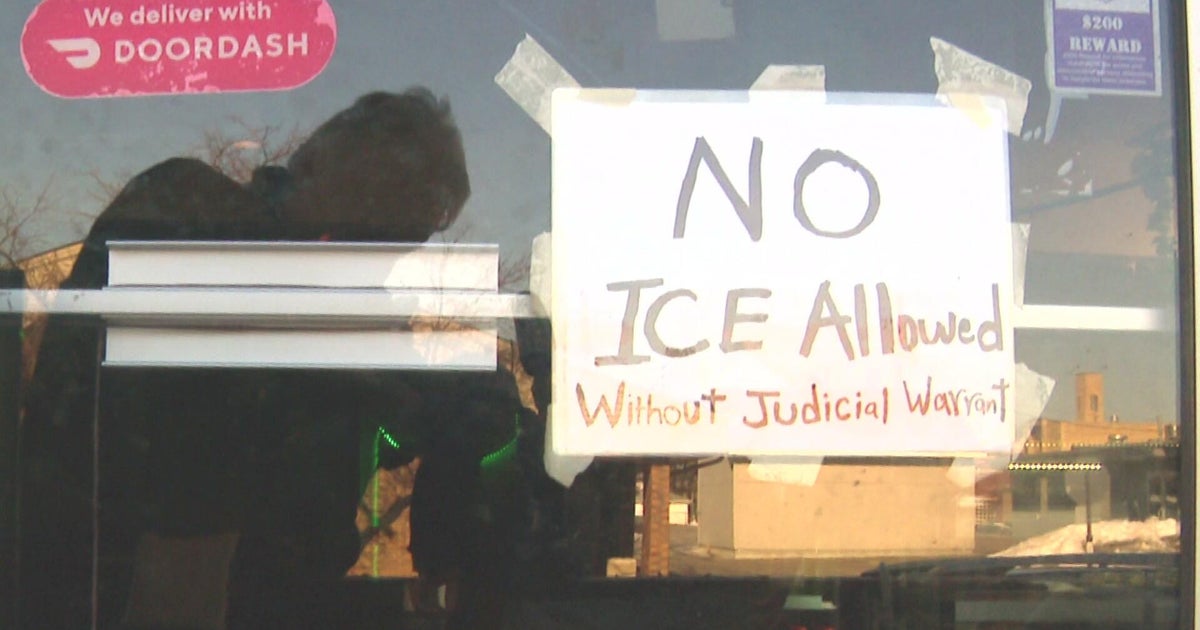Maryland, Virginia And DC Coordinating Coronavirus Response
ANNAPOLIS, Md. (AP) — Long linked by proximity and the hundreds of thousands of federal workers who live and work in their jurisdictions, Maryland, Virginia and the District of Columbia are now connected by the growing numbers of coronavirus cases they are battling.
Maryland Gov. Larry Hogan, Virginia Gov. Ralph Northam and District of Columbia Mayor Muriel Bowser spoke in a conference call Friday to discuss coordinating virus response efforts. Hogan said the three officials have frequently spoken over the past month. Hogan also noted that their staffs are in daily contact.
"While we may have individual differences about how we're going after different things, the sharing of information, the willingness to try to cooperate on things that are of importance to the region has been terrific, and it has been throughout the crisis, and I think it's going to continue," Hogan said Friday after the call.
Hogan noted that this was the deadliest week yet in the region in and around the nation's capital. He said the area has had more than 21,000 cases of coronavirus and 818 deaths.
CORONAVIRUS RESOURCES:
- Coronavirus Resources: How To Get Help In Maryland
- Coronavirus In Maryland: What We Know
- Coronavirus-Related Closings
- Latest coronavirus stories from WJZ
As states review guidelines from the White House aimed at easing restrictions in areas with low transmission of the coronavirus, cases in areas near the capital are "going up rather than down," said Hogan, who is the chairman of the National Governors Association.
"We're all in some part of a phase of talking about the gradual reopening but not able to start that quite yet, and we all are in agreement that we want to do that in a way that's cooperative," said Hogan, a Republican. "We understand that while each area is unique that there are certainly things that we have to do together as a region."
Northam, a Democrat, said at a news conference Friday that Maryland, Virginia, North Carolina and the District would "do everything that we can to be in coordination and be consistent" when it comes to reopening the economy.
"We share some of the same challenges, and we will do everything that we can to be in coordination and be consistent so we'll be as straightforward as possible for everybody in this region," Northam said.
Northam said he, Hogan and Bowser had discussed coordinating regionally on when to lift restrictions on elective surgeries.
"We want to be consistent because what we don't want to happen is, if we do it sooner in one state than the other, then individuals will go to other states to have their surgery done," Northam said.
Northam said Virginia does not meet the criteria to start even the first phase of the White House plan. To do so, the state would need its number of positive tests to be on a downward trend for 14 days.
"We have not met that criteria. We're still seeing more cases each day, not fewer. So we are not there yet," he said.
Governors in the Northeast and along the West Coast this week announced separate state compacts to coordinate how to begin reopening society amid the coronavirus pandemic. They did not announce specific plans on how to scale back stay-at-home orders or reopen businesses. Instead, both groups said they would coordinate those decisions while first considering the health of residents.
Although Hogan, Northam and Bowser have not been as formal in announcing a compact, they have been working together for weeks. For example, the three signed a letter to President Donald Trump dated March 15, requesting that the president add the region as a priority location for a federally supported testing site.
"The National Capital Region is home to over six million residents and the seat of the federal government, with hundreds of thousands of employees and contractors serving the Department of Defense and other mission essential agencies," the three wrote. "The health of the National Capital Region is a top priority for the continuity of our democratic government and critical to continuing federal government functions."
For most people, the coronavirus causes mild or moderate symptoms, such as fever and cough that clear up in two to three weeks. For some, especially older adults and people with existing health problems, it can cause more severe illness, including pneumonia and death.
___
Associated Press writer Sarah Rankin contributed to this report in Richmond, Virginia.
(© Copyright 2020 The Associated Press. All Rights Reserved. This material may not be published, broadcast, rewritten or redistributed.)

